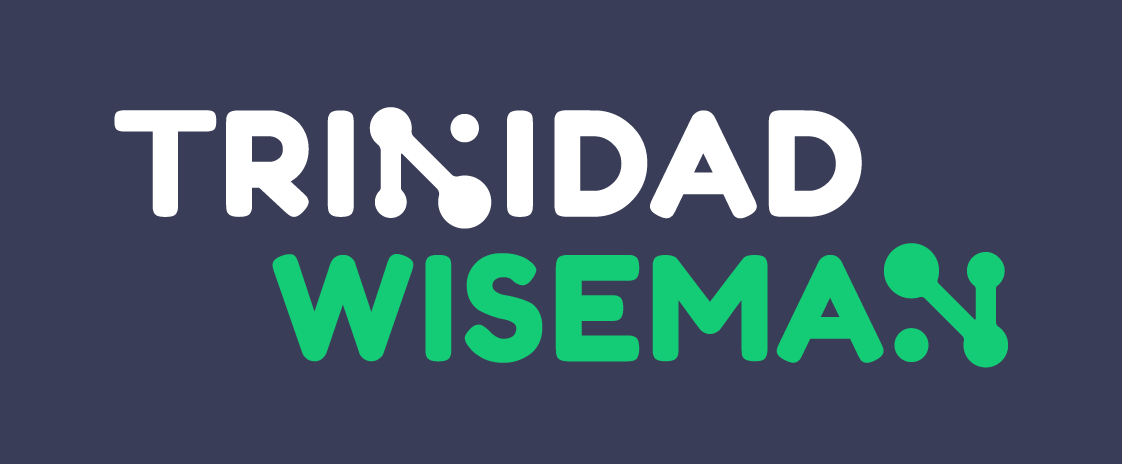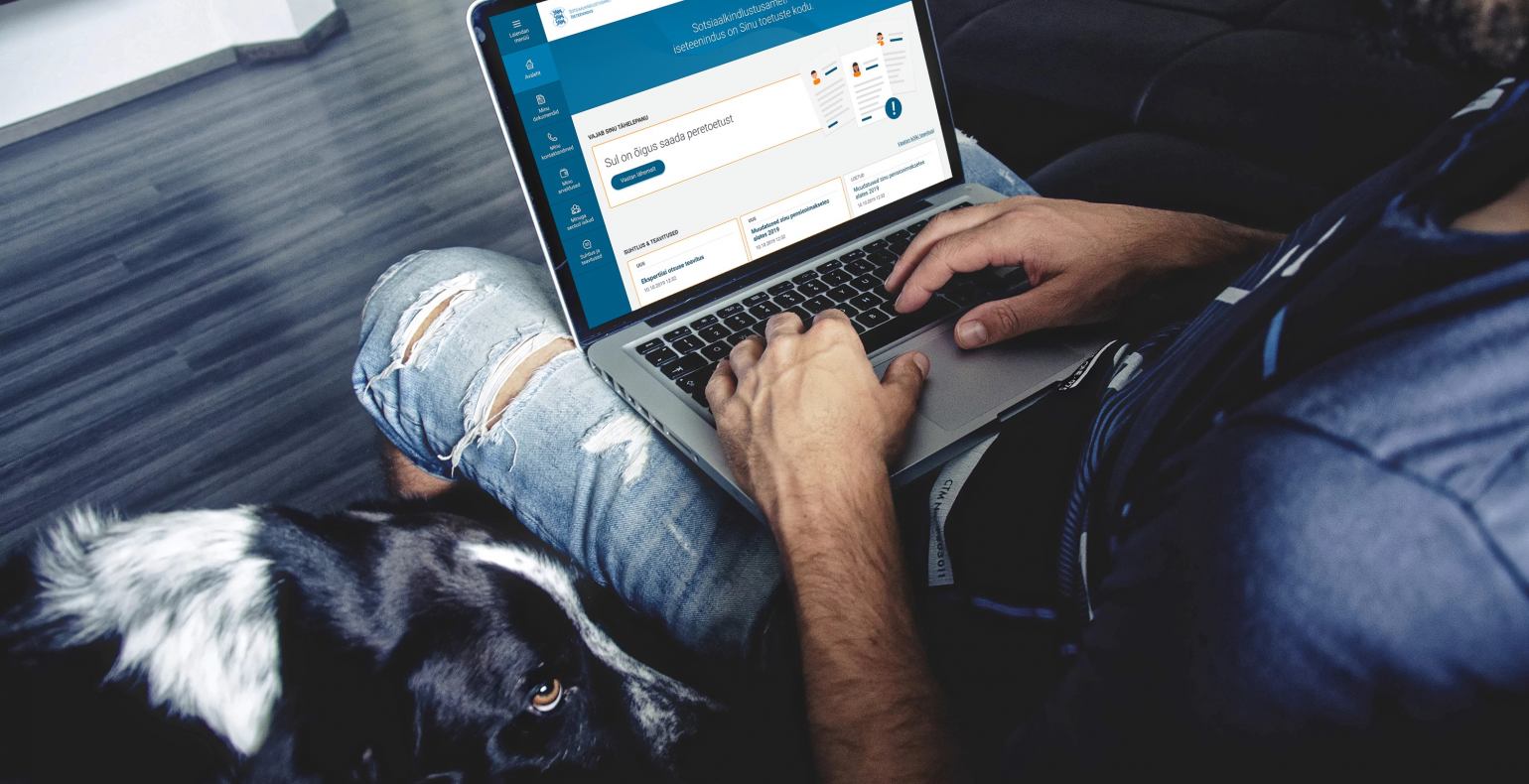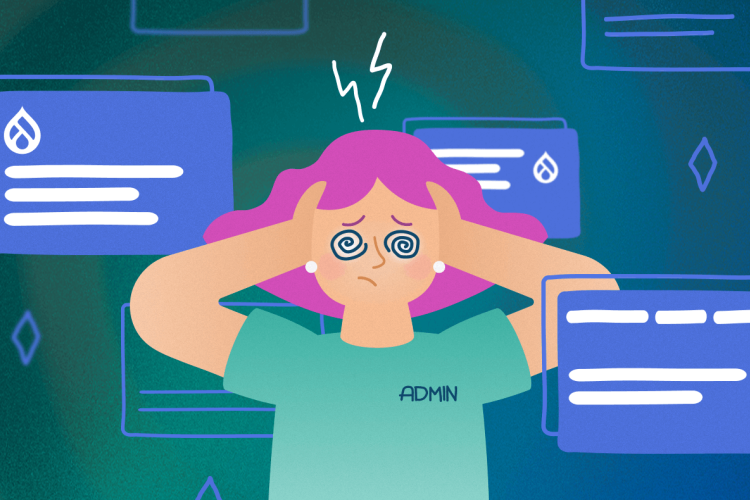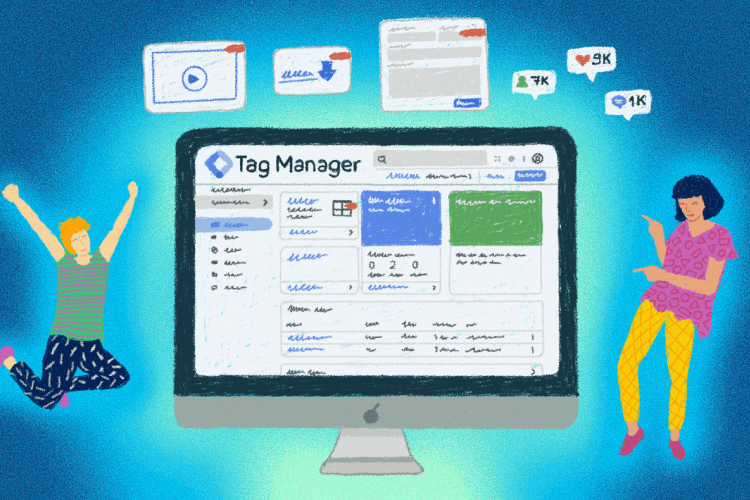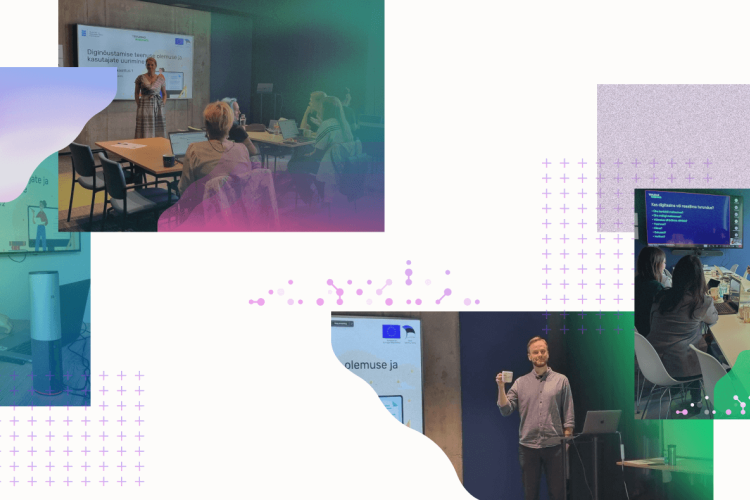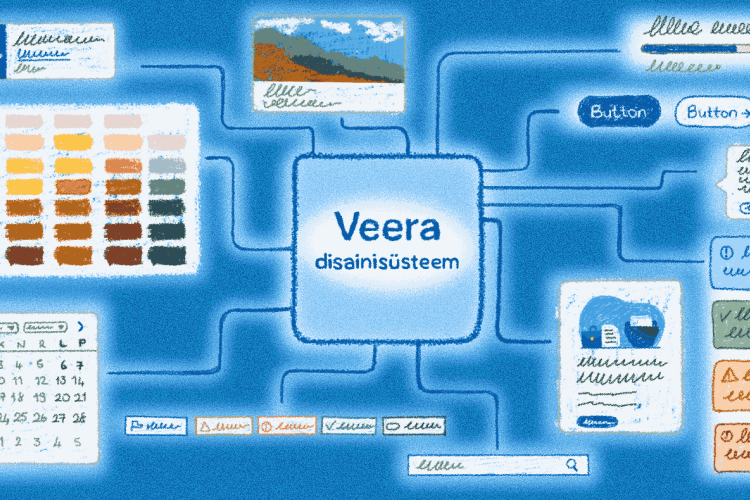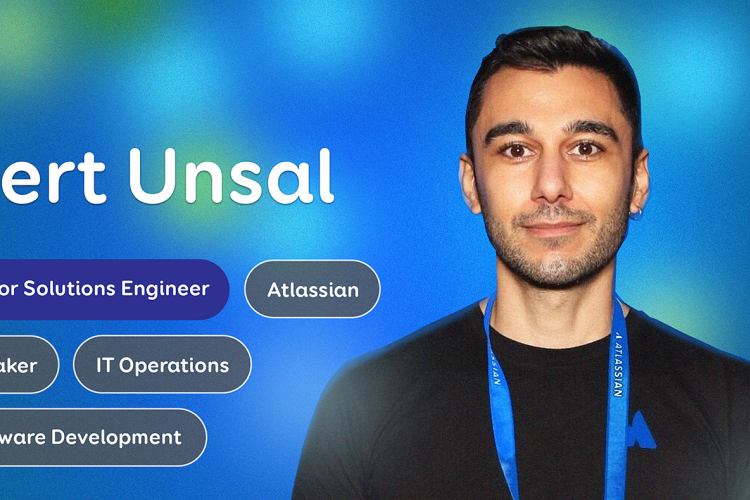NEW launch - proactive services (family and parental benefits) are LIVE
The Republic of Estonia Social Insurance Board has completed its first proactive service and starting from today, parents are able to apply for family allowances without an application, in a self-service manner. The Insurance Board pays 44 million euros in family allowances and parental benefits to 156,000 and 19,000 people, respectively.
According to Egon Veermäe, head of the Social Insurance Board, the aim is to offer simple, user-friendly and proactive services to the people. Cutting back on administrative expenses was integral as well. “When we develop a service, we take into account the principle that if the state is already in possession of the necessary information, we no longer need to clarify it with the people. Proactivity in our services means that when a child is born into a family, the registration of the birth into the Population Register activates all the subsequent services without the person having to apply for it,” he says. “Our family allowance service is the first event-based service in Estonia, and we wish to move towards completely application-free services,” he adds.
At the moment, parents can confirm the online family allowance offer made to them via the self-service portal. Once the birth of a child has been registered in the Population Register, and the child has been given a name, the Social Insurance Board sends an email to the parent(s) to inform them of the family allowance. In order to receive the allowance, the person has to confirm it in the self-service portal.
“It is important to confirm the offer, because in self-service the family can plan its benefits (e.g. which parent will receive the allowance)” says Kersti Vaikmaa, head of
e-office of the Social Insurance Board, on the new family allowance service. “We made the family allowance service as simple as possible—no more applications or signatures, instead we just tell people of the funds they’re entitled to and the rest is up to them to decide,” she says.
In the self-service portal, people can check their contact information to make sure that information on the offers reaches them in the future. “For example, when a child is about to be born into a family, we suggest they check their email address listed in the online service; this way, after the child is named, the notification of the offered family benefits reaches a person as soon as possible,” says Vaikmaa. In the future, it will be possible to see the payments received from the Board via the self-service portal. Using the self-service portal to communicate with the Social Insurance Board will be made possible soon.
Ats Albre, head of Nortal’s development centre in Estonia, says that the proactive services are a unique innovation in the whole world. “This service directly touches a large share of Estonia’s population, for whom the services are now just one confirmation away. In order to have a proactive service, you need a background automation based on complex algorithms, and large-scale principal changes in the organisation’s processes, made from the viewpoint of the citizen as a final user,” he adds.
Tuuli Pentjärv, head of the social protection service at the Health and Welfare Information Systems Centre says that in developing the family allowance service, an architecture based on micro-services had to be created. “Thanks to this we can separate components in the course of the development, that are reusable and that support the particular business service. In addition, micro-services enable agile development where we can constantly specify business requirements, ask users for feedback on the completed work, and react to real needs,” she adds. “Our development partners have gone along well with the agile development methodology. Developments continue and we can correct and supplement the solution respective of the customer feedback,” adds Pentjärv.
The next services to be made more convenient focus on receiving technical aids and parental leave, followed by pensions and then all other services and benefits the Board offers.
With self-service, user inclusion and taking their needs into account has received special attention. Ander Tenno, CEO of Trinidad Wiseman said that the initial ideas were tested on soon-to-be parents as soon as work on the design began. “In total, we tested three prototype versions, the last of which was also made available to the public for feedback. In addition to the application’s logic and functions, we checked the word use, translation understandability and clarity with real users. As far as the appearance of the self-service portal in concerned, we have made sure that all state information systems would look similar,” adds Tenno.
